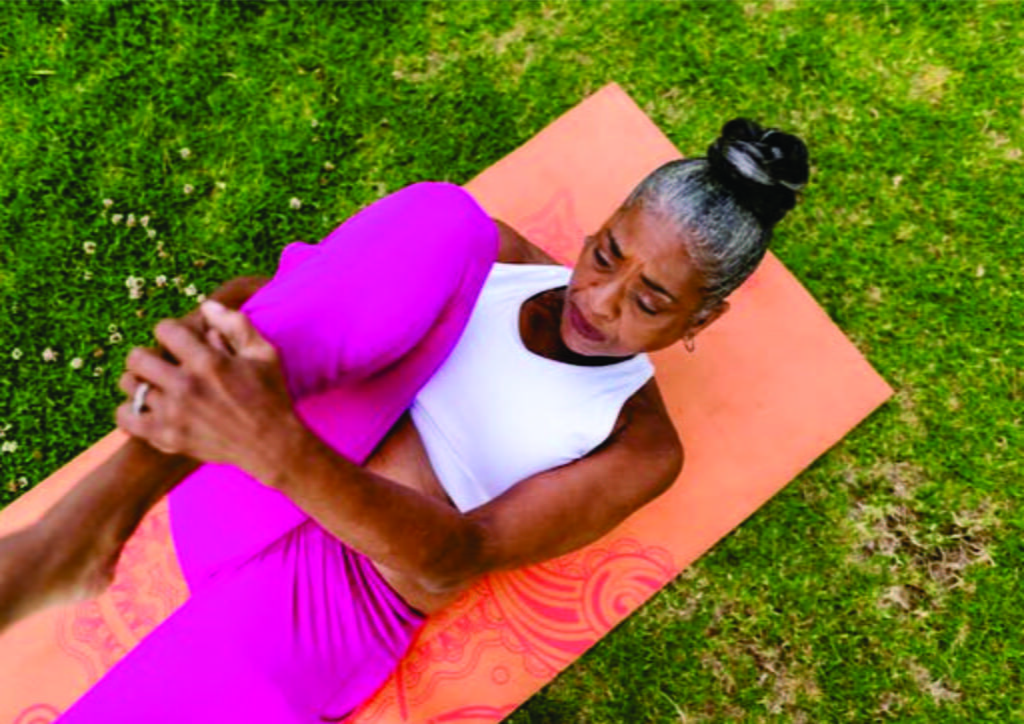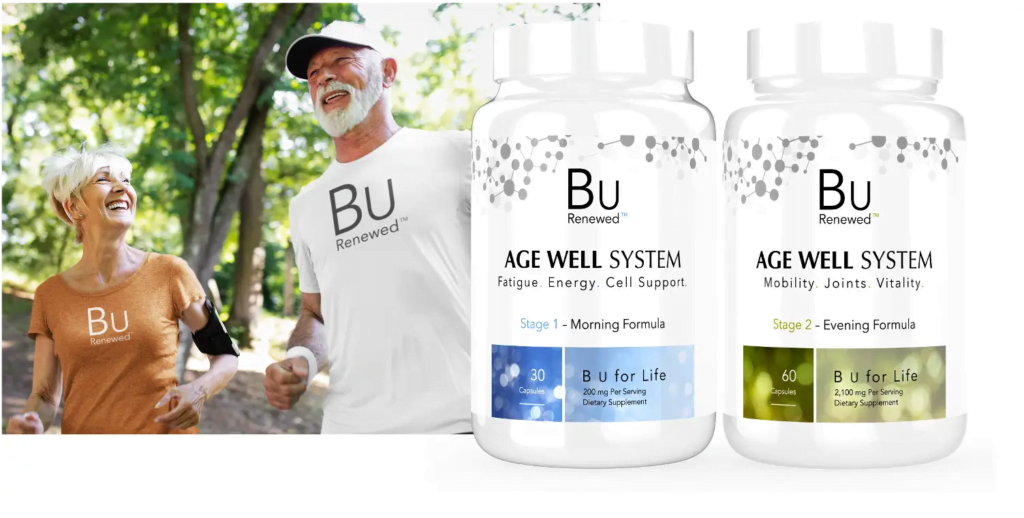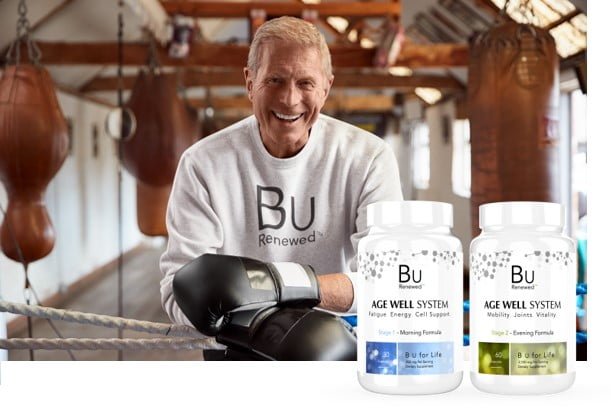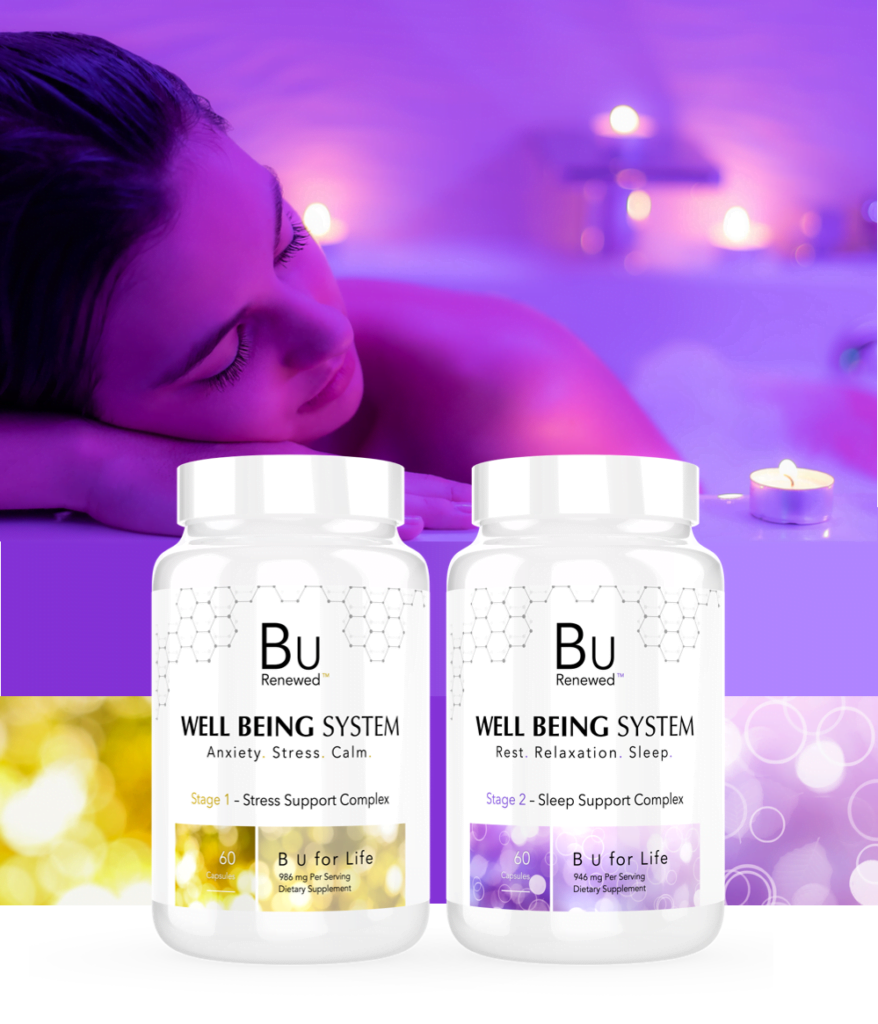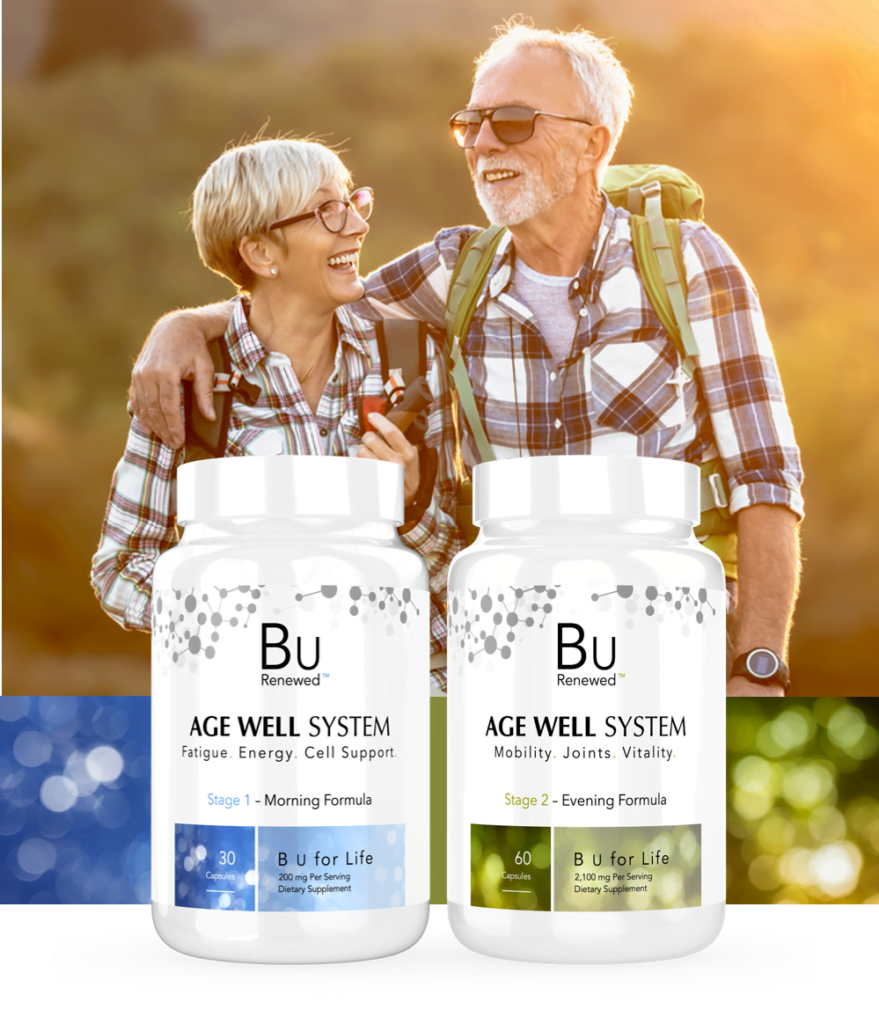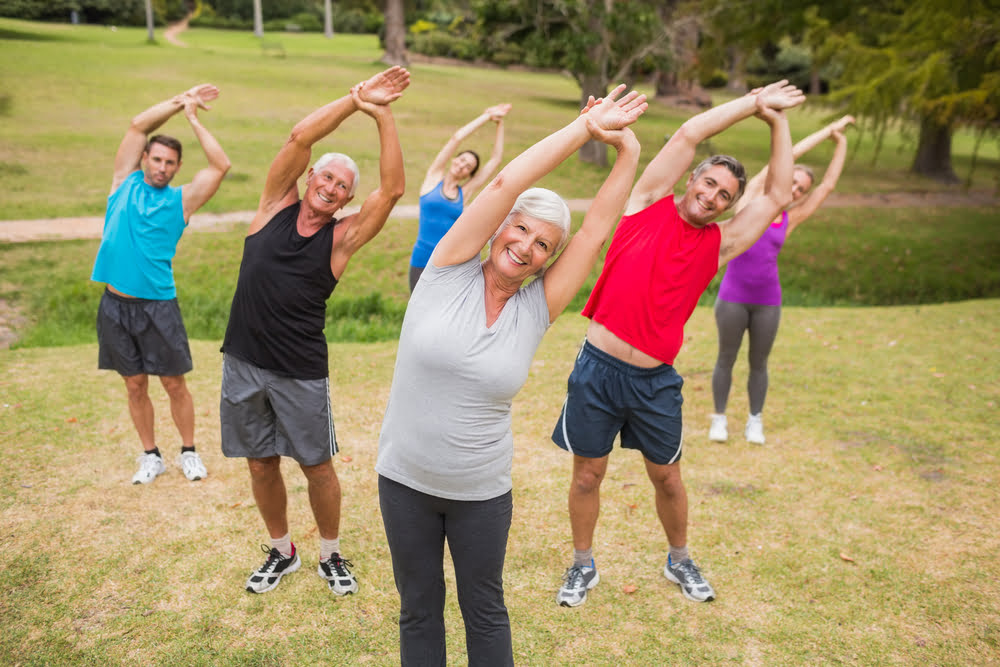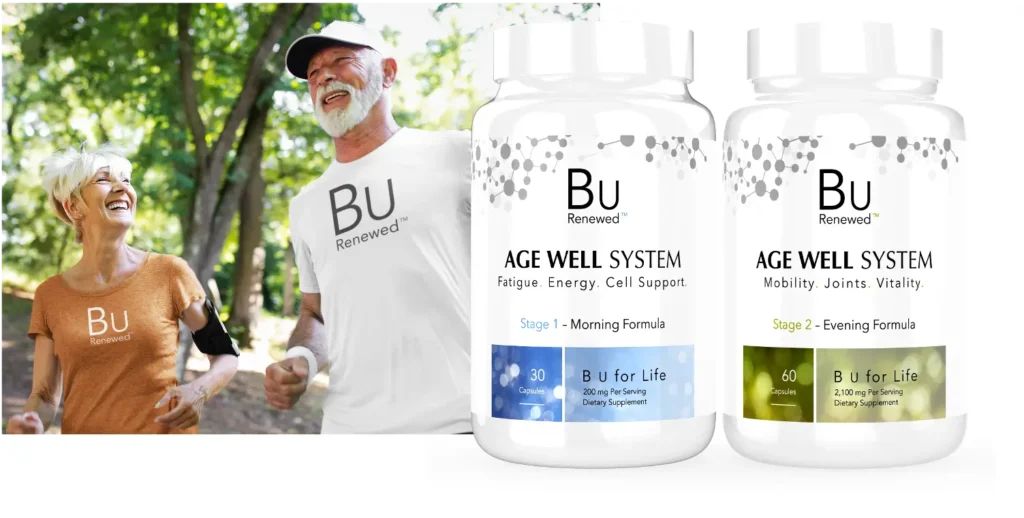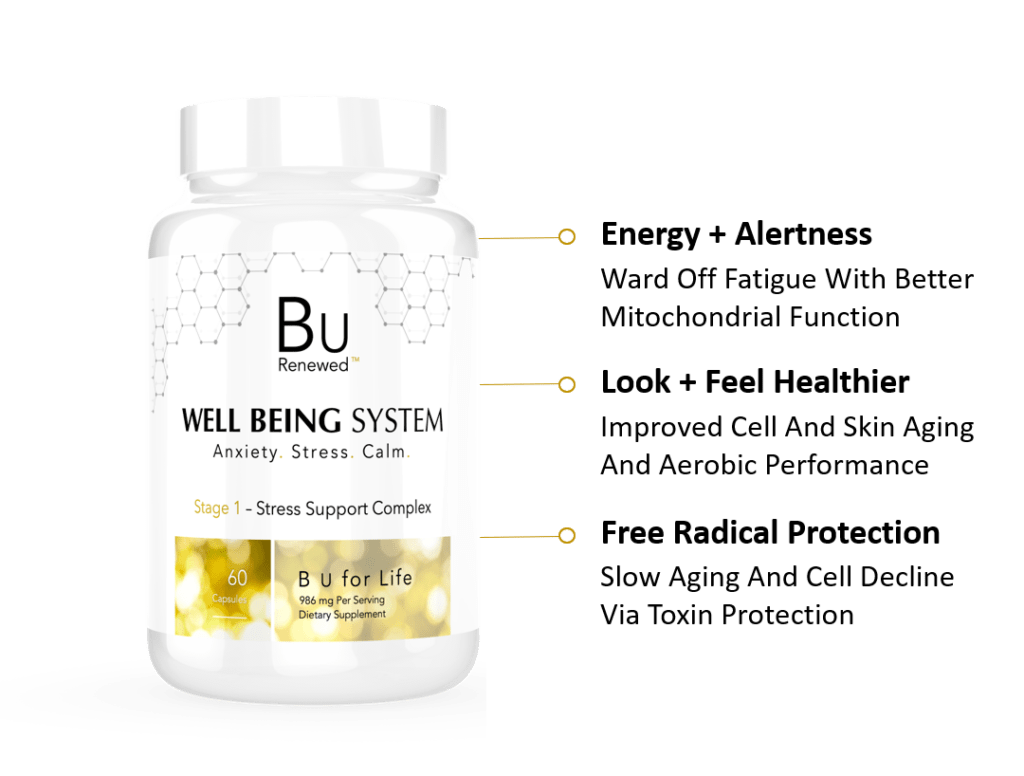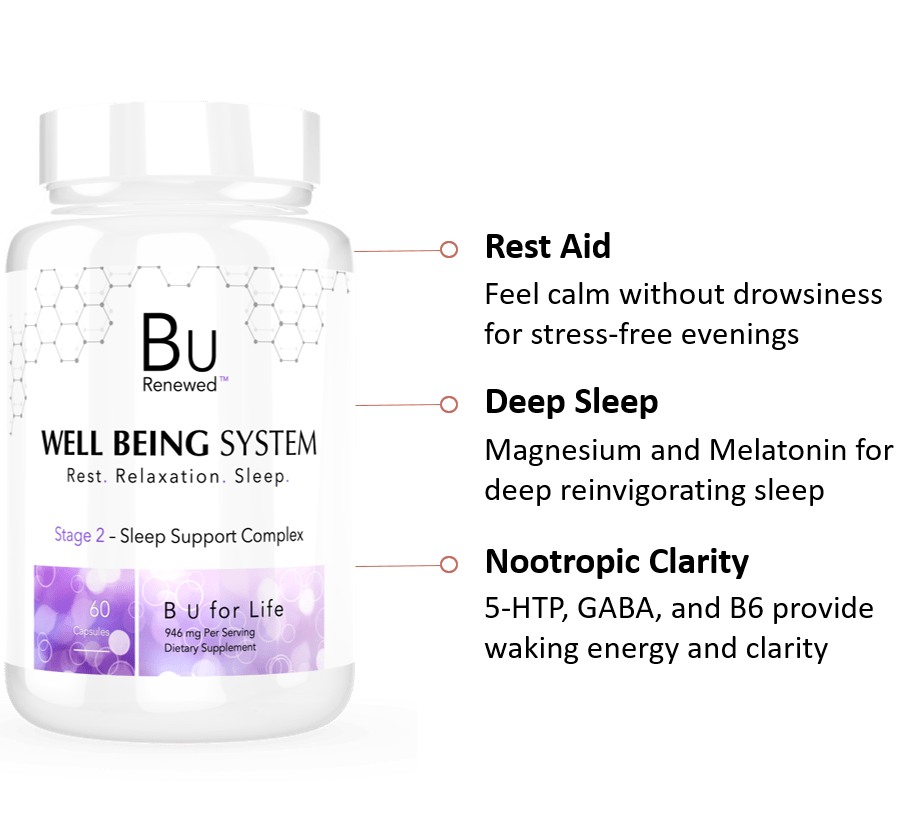2024 Aging Well Trends: Foods, Supplements, Beauty, and Fitness. As, aging is inevitable, how we age is increasingly influenced by our lifestyle choices.
The year 2024 has brought us new insights into aging well, focusing on a holistic approach that includes proper nutrition, cutting-edge supplements, beauty routines, and fitness regimens.
Staying healthy and vibrant as we age is a top priority, and this article will dive into the trends that can help you achieve that goal.
We will explore foods, supplements, and practices designed to optimize your health and beauty from the inside out.
Foods for Aging Well in 2024
One of the major 2024 aging well trends is the focus on anti-inflammatory and antioxidant-rich foods.
As we age, inflammation and oxidative stress can accelerate the aging process. Incorporating foods that fight these issues can help slow down the effects of aging.
1. Berries and Dark, Leafy Greens
Berries like blueberries, raspberries, and strawberries are high in antioxidants, which combat oxidative stress and reduce inflammation. Similarly, dark leafy greens such as spinach, kale, and Swiss chard are rich in vitamins C and E, which protect your cells from aging.
2. Omega-3 Rich Foods
Salmon, flaxseeds, and walnuts are excellent sources of omega-3 fatty acids. These fats are essential for maintaining cognitive function and joint health, which are often affected by aging. Omega-3s also reduce inflammation, a key factor in aging-related diseases such as arthritis and heart disease.
3. Fermented Foods
Gut health is directly linked to aging well. Fermented foods like yogurt, kimchi, and sauerkraut are rich in probiotics, which support a balanced gut microbiome. A healthy gut helps with nutrient absorption and supports the immune system, both of which are crucial as we age.
By focusing on these nutrient-rich foods, you can help protect your body from the inside, making food a powerful tool for aging well. Complementing these foods with a robust supplement regimen can further enhance the benefits.
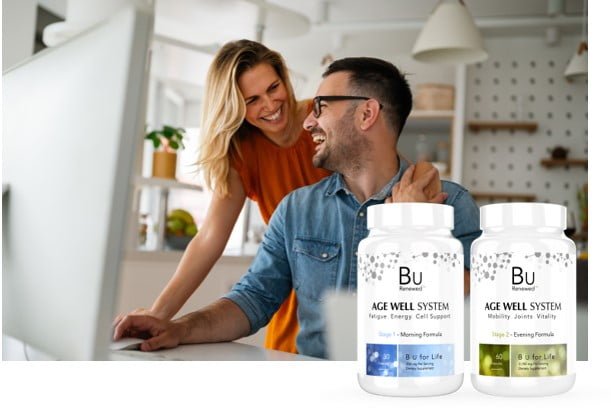
Supplements for Aging Well: Bu Renewed’s Age Well System
Supplements play a significant role in maintaining health and vitality as we age. In 2024, more people are turning to targeted supplements like those found in the Age Well System by Bu Renewed. These supplements are packed with ingredients designed to support joint health, improve skin elasticity, and boost energy levels. Let’s take a closer look at the top supplements for aging well:
1. CoQ10
Coenzyme Q10 (CoQ10) is a powerful antioxidant that supports energy production in cells. As we age, our natural levels of CoQ10 decrease, leading to less efficient cellular function. Supplementing with CoQ10 can help maintain youthful energy levels and improve skin elasticity.
2. Glucosamine Sulfate
Joint health is a significant concern for aging individuals, and glucosamine sulfate is one of the best ingredients to support cartilage regeneration. This supplement helps reduce joint stiffness and pain, making it easier to maintain an active lifestyle as you age.
3. Boswellia Extract
Boswellia extract is a natural anti-inflammatory compound that can help reduce pain and swelling, particularly in the joints. Its ability to decrease inflammation makes it a valuable addition to an aging well routine.
4. Chondroitin
Often paired with glucosamine, chondroitin helps maintain healthy cartilage. It can alleviate symptoms of osteoarthritis and promote joint flexibility, supporting active aging.
5. Turmeric
Known for its anti-inflammatory properties, turmeric has become a popular supplement for overall health and longevity. The active compound in turmeric, curcumin, fights inflammation at the cellular level, making it a critical player in the battle against aging-related diseases.
6. Quercetin
Quercetin is a flavonoid with antioxidant and anti-inflammatory properties. It helps combat the effects of free radicals, which can cause cellular damage and accelerate aging.
7. Methionine
Methionine is an essential amino acid that plays a role in tissue repair and detoxification. Supplementing with methionine can promote healthy skin, hair, and nails, all of which are vital to aging well.
8. MSM (Methylsulfonylmethane)
MSM is known for its anti-inflammatory properties and its role in collagen production. It can improve skin health, reduce joint pain, and promote flexibility, making it a great addition to an aging well supplement regimen.
9. Bromelain
This enzyme, found in pineapple, helps reduce inflammation and supports digestion. It’s particularly beneficial for those experiencing digestive issues as they age.
The Age Well System by Bu Renewed incorporates many of these powerful ingredients to help you age gracefully. These supplements provide comprehensive support for your joints, skin, and overall energy levels, making them an essential part of your 2024 aging well strategy.
Beauty Trends for Aging Well in 2024
Aging well isn’t just about feeling good; it’s also about looking good. Beauty trends in 2024 are shifting towards more natural, holistic approaches to skincare and aging. Here are some top beauty trends to keep in mind:
1. Natural, Minimalist Skincare
Gone are the days of heavy creams and harsh chemicals. In 2024, the focus is on natural, minimalist skincare. Ingredients like hyaluronic acid, rosehip oil, and niacinamide are taking center stage for their ability to hydrate, brighten, and firm the skin without unnecessary additives.
2. Red Light Therapy
Red light therapy is gaining popularity as a non-invasive way to boost collagen production and reduce wrinkles. By stimulating the skin’s natural healing process, red light therapy helps maintain a youthful appearance.
3. Collagen Supplements
Collagen is the building block of skin, and as we age, our bodies produce less of it. They are available in powder or capsule form, can help restore skin elasticity, reduce wrinkles, and promote a healthy, youthful glow.
4. Clean Beauty
Clean beauty, which focuses on non-toxic, ethically sourced ingredients, continues to grow in 2024. Consumers are increasingly aware of what they put on their skin, opting for products free from parabens, sulfates, and synthetic fragrances.
Incorporating these beauty trends into your routine can help you maintain a fresh, youthful appearance as you age. Combining skincare with a fitness regimen is the next step in aging well.

Fitness Trends for Aging Well in 2024
Staying active is crucial for aging well. In 2024, fitness trends are all about functional movements, strength training, and low-impact exercises that support mobility and flexibility.
1. Strength Training for Longevity
Strength training is a critical component of aging well. Lifting weights or using resistance bands can help maintain muscle mass, which naturally declines with age. It also supports bone density, reducing the risk of fractures and osteoporosis.
2. Functional Fitness
Functional fitness focuses on exercises that mimic everyday movements, such as squatting, lunging, and bending. And, these exercises improve mobility and balance, making it easier to perform daily activities and reduce the risk of falls.
3. Low-Impact Workouts
For those with joint concerns, low-impact exercises like swimming, cycling, and Pilates are excellent choices. You will also discover these workouts are gentle on the joints, and, still provide cardiovascular and strength benefits.
4. Yoga and Stretching
Yoga continues to be a top trend for aging well, thanks to its ability to improve flexibility, balance, and mental clarity. By incorporating stretching and yoga into your routine is a great way to help prevent injuries and support joint health.
By combining a balanced fitness routine with proper nutrition and supplements like those found in the Age Well System by Bu Renewed, you can ensure you’re taking a comprehensive approach to aging well.
Conclusion: 2024 Aging Well Trends for a Vibrant Life
In 2024, aging well is about taking a comprehensive, holistic approach to your health. By incorporating anti-inflammatory and antioxidant-rich foods, targeted supplements like those in the Age Well System by Bu Renewed, you can maintain your vitality and youthful appearance. And when you follow the latest beauty and fitness trends, the focus is on helping you to maintain your vitality and youthful appearance. Aging well is no longer just a dream; it’s achievable through mindful choices and innovative products that support your health from the inside out.



